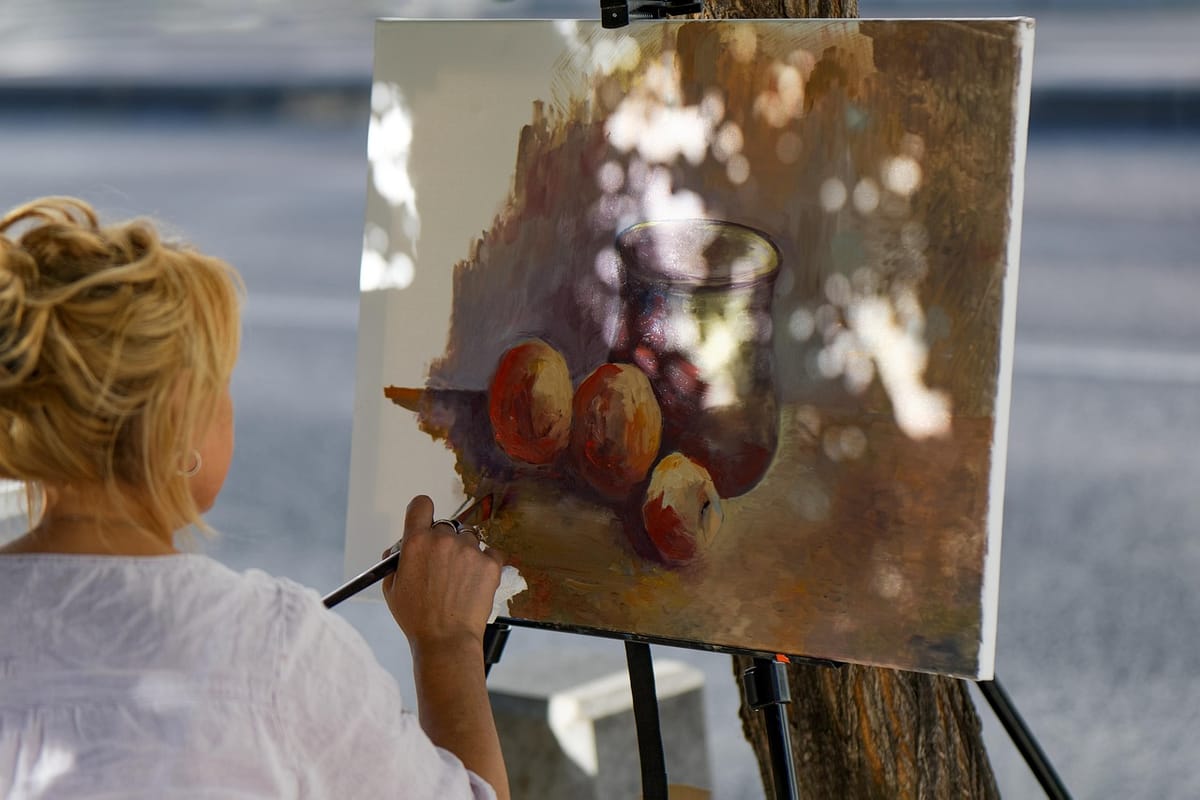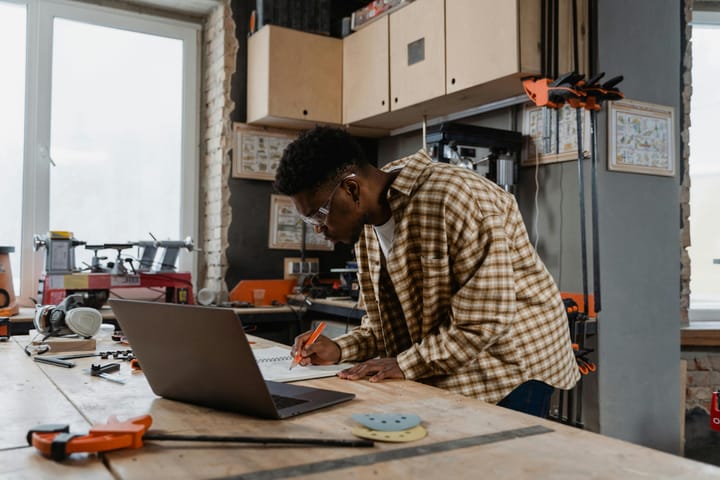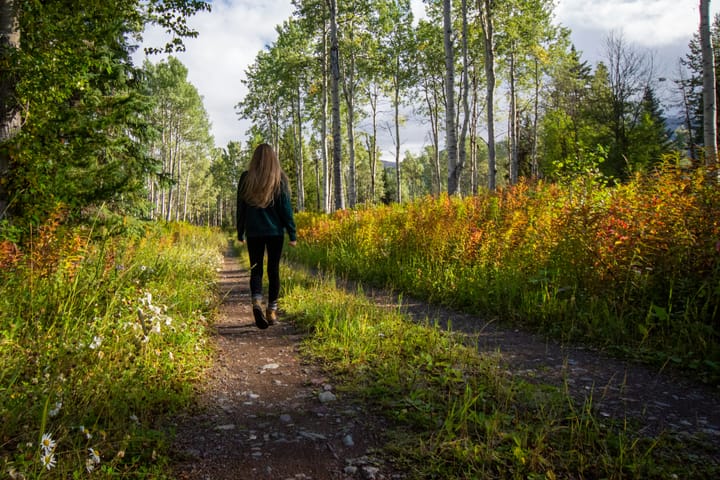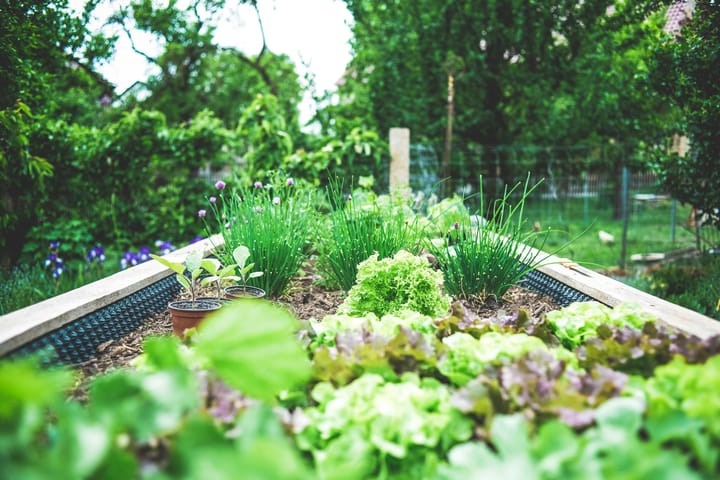Let’s boost our confidence by learning something new
Trying new skills builds confidence and resilience, serving as a powerful reminder that intellectual growth have no pre-determined age limit.

🔴 Have you read these articles yet?
👉 Sixty kilometres of hope for Philippolis children
👉 Coffee culture comes to the Karoo
The deliberate act of engaging with and learning a new skill, irrespective of its practical utility or complexity, provides an almost instantaneous and highly potent boost to one’s sense of achievement, which in turn fundamentally strengthens self-confidence. This mechanism works by providing tangible, repeated evidence that personal growth is not a finite concept but is always possible, and, crucially, that ability is not a fixed natural talent but rather a product that develops steadily through focused effort, persistence, and dedicated practice.

Choosing to tackle something unfamiliar - a subject, a craft, a language - is inherently an invitation to step deliberately outside the established confines of one's comfort zone. This necessary exposure to novelty creates the ideal conditions for personal revelation. When facing the initial awkwardness and inevitable mistakes of a new skill, you are forced to discover new reservoirs of patience, problem-solving capabilities, and intellectual resilience you may not have known you possessed. It challenges old, often self-limiting assumptions about what you are capable of achieving. This challenging process is what builds true confidence, which is less about external validation and more about self-trust.
With each small success - mastering a difficult chord progression on the guitar, correctly formulating a sentence in a new language, understanding a complex data concept - the learning process builds positive momentum. This accumulation of tiny victories compounds over time: the more skills you successfully acquire and practise, the more solid and broad your base of self-assurance becomes. This burgeoning confidence, in turn, makes you more likely to attempt the next, slightly harder thing, creating a virtuous, upward spiral of competence and self-belief.
Furthermore, the introduction of new skills injects essential freshness and vitality into the routine of daily life. The engagement reminds you that intrinsic curiosity is not just a childish trait, but a significant intellectual asset that, when nurtured, keeps the mind youthful and adaptable. You remain mentally engaged, intellectually stimulated, and increasingly open to experiences that consistently enrich your world and expand your perspective. It is a powerful antidote to mental stagnation.
This confidence boost is frequently and profoundly felt when individuals acquire skills that enhance their personal autonomy, such as travel-related competencies. Mastering the art of reading a complex topographical map, successfully attempting a challenging international recipe, or significantly improving one's composition skills in photography are all tangible achievements. These are not merely hobbies; these skills enhance future real-world experiences, making travel less intimidating and more rewarding, which directly feeds into self-trust. The feeling is, "I learned this, and now I can handle that."
The rich and compelling diversity of Southern Africa provides an endless, immediate curriculum of learning opportunities. These range from the practical, like learning key phrases in a local language or understanding the region's unique natural ecology, to the creative, such as engaging with cultural crafts like beadwork or pottery. Actively seeking out and engaging with these localised learning experiences creates meaningful connections, not only with the material but with the people and cultures that sustain it.
Learning something new, therefore, is one of the kindest and gentlest ways to initiate and sustain personal growth, building deep, intrinsic confidence through steady, positive, and undeniable action that proves one’s capability again and again.





Comments ()